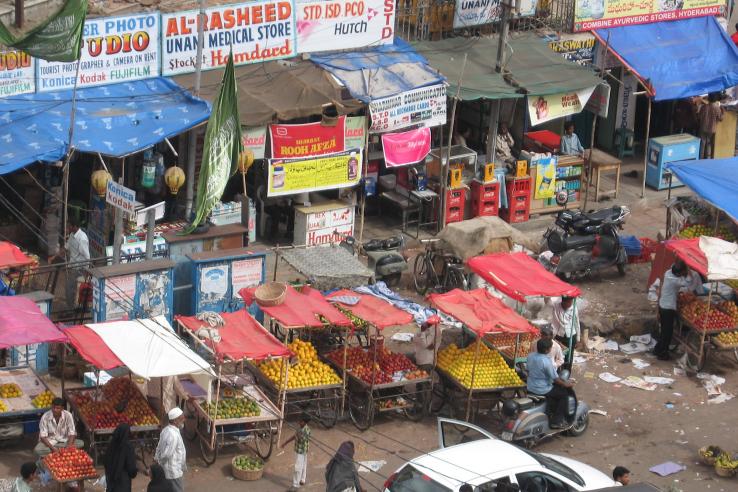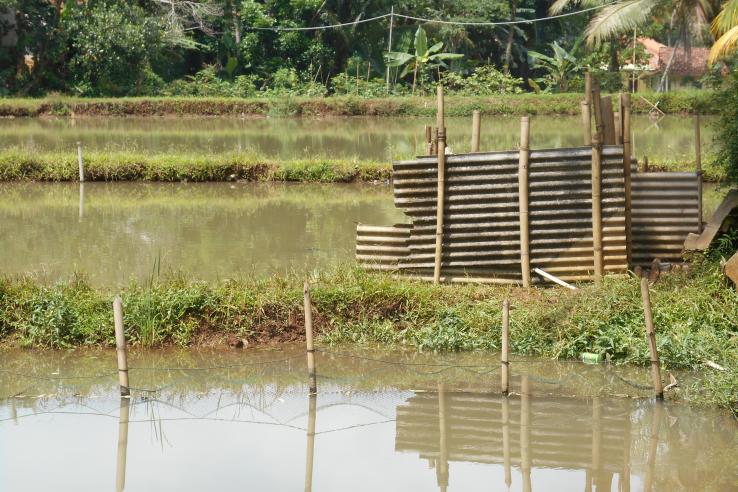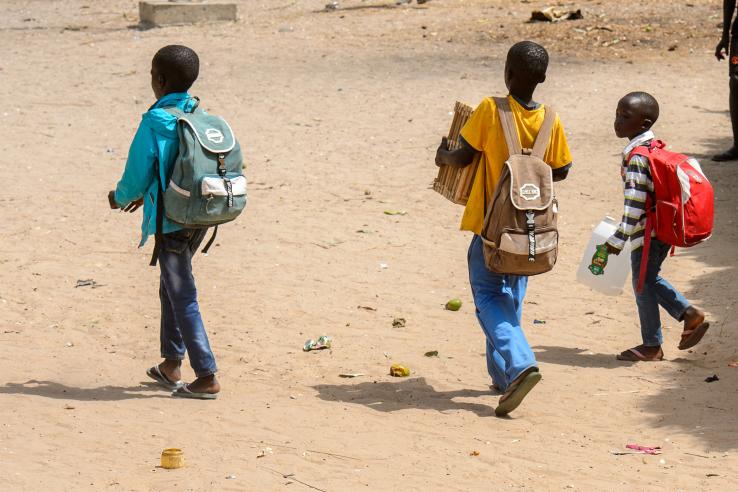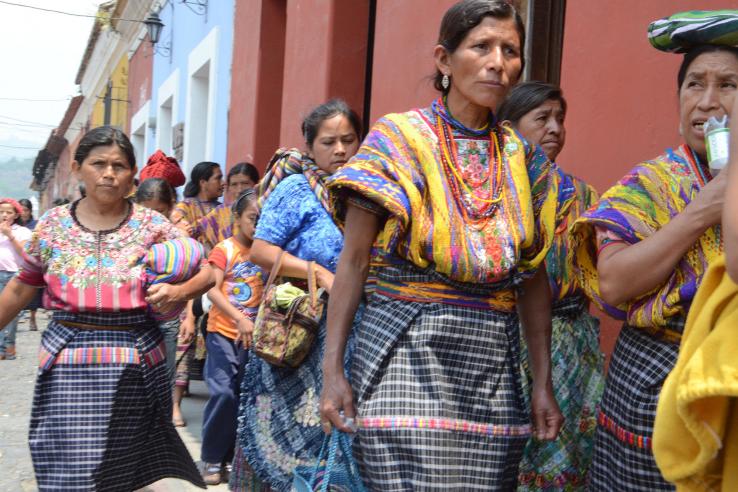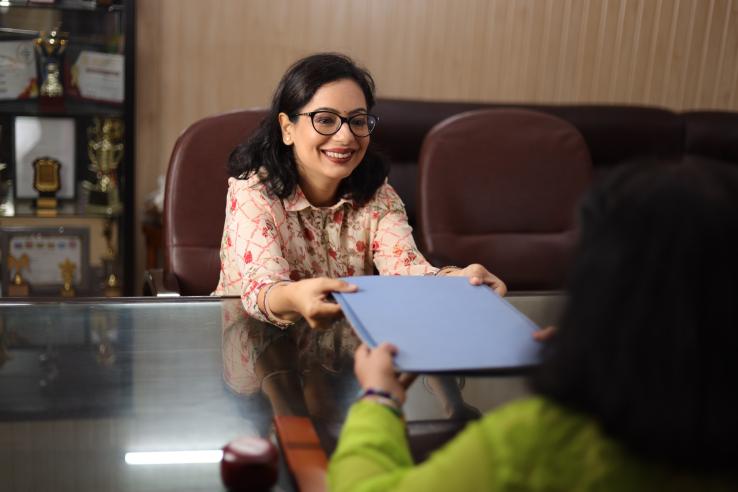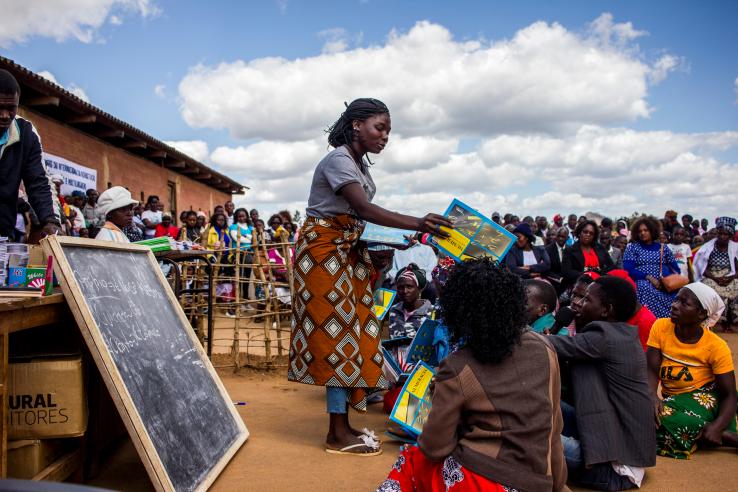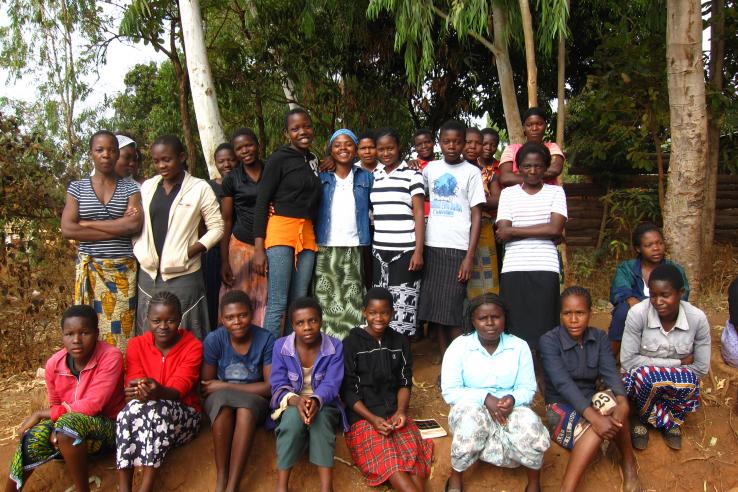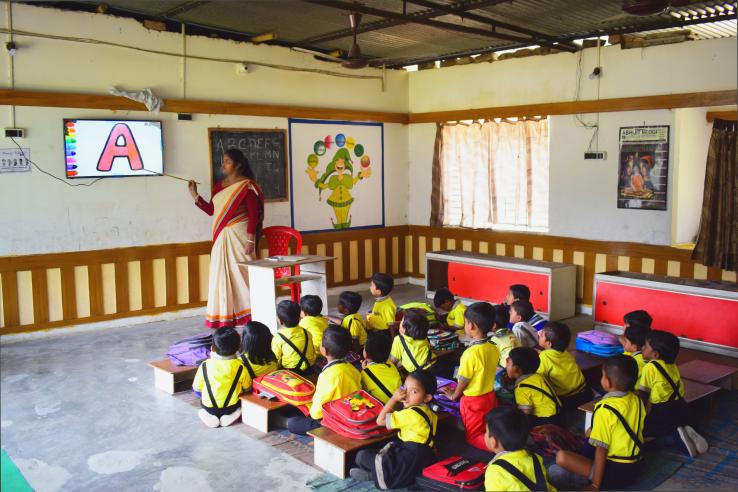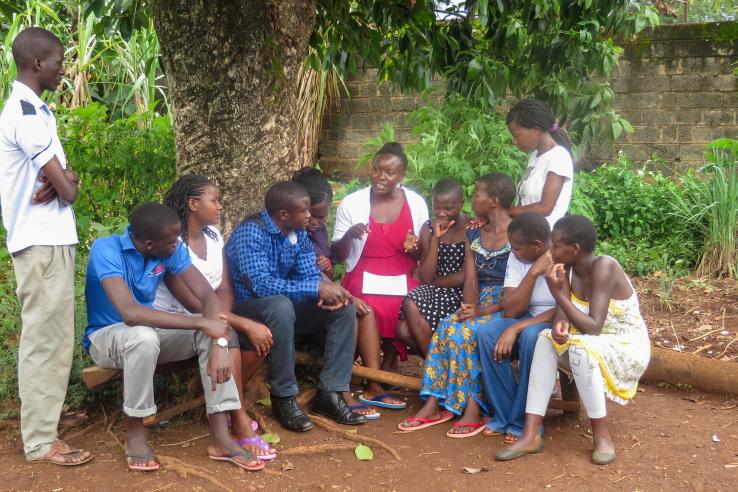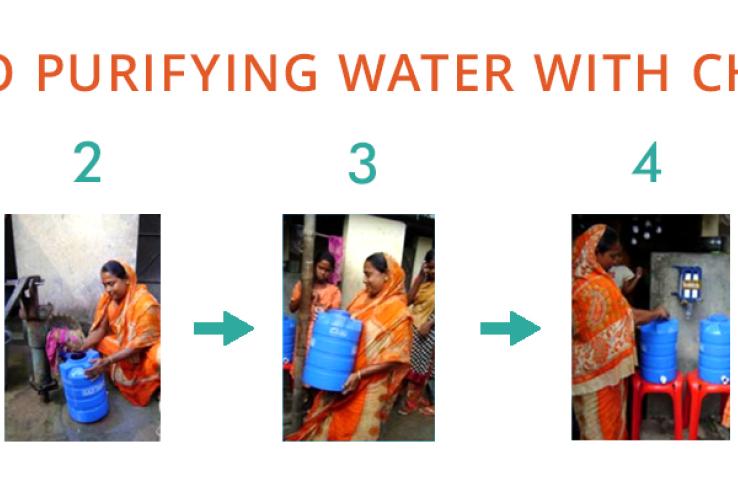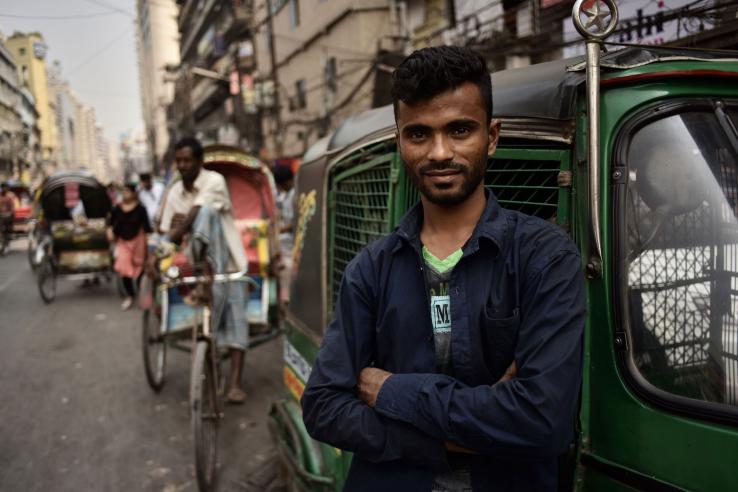Displaying 4396 - 4410 of 8489
Evaluation
Altruistic individuals may hesitate to give when they doubt the quality of a charity, but knowing that a high-profile donor supports the charity might alleviate these concerns. Researchers evaluated the impact of publicizing a matching grant from the Bill and Melinda Gates Foundation (BMGF) on charitable giving to Technoserve, a US-based poverty-alleviation charity. Identifying the matching donor as BMGF increased the number of donors compared to mentioning an anonymous matching donor and compared to making no mention of a matching donor. However, the average size of donations remained the same regardless of the publicizing method used.
Evaluation
Researchers evaluated the impact of increased access to microcredit on the economic and social well-being of women and their families in Hyderabad, India. They found that microcredit had mixed effects on business activities and little to no effect on women’s empowerment or children’s education.
Evaluation
Researchers conducted a randomized evaluation to study the impact of a large-scale Community-Led Total Sanitation (CLTS) program in Indonesia on sanitation practices, attitudes towards open defecation, and child health. When implemented by external resource agencies instead of local governments, CLTS increased toilet construction, reduced roundworm infestations among children under five, and decreased tolerance of open defecation.
Evaluation
Researchers evaluated the impact of creating schools offering four years of primary education, in lieu of the government, on early grade reading and math skills in rural Guinea Bissau. The intervention led to substantial improvements in literacy and numeracy.
Evaluation
In this study, researchers evaluated scalable methods to improve student retention and performance in an online course, with the goal of improving meaningful access to this resource.
Evaluation
Researchers ran a large randomized credit information training program that described the existence and workings of the bureau to the clients of this lender. The results indicate that the credit bureau generated large efficiency gains for the lender, and that these gains were augmented when borrowers understood the rules of the game.
Evaluation
Researchers evaluated the effect of distributing “value-added” teacher evaluations to principals in New York City. Their findings suggest that principals found the reports useful and used them to inform their overall perceptions of teacher effectiveness.
Evaluation
Researchers examined the impact of a program that offered financial merit awards combined with academic support services on the learning outcomes of Canadian university students. Results suggest that the impact of such incentives was modest.
Evaluation
In Mozambique, researchers conducted a randomized evaluation to test whether teaching about Covid-19 prevention and/or financial learning incentives enhanced participants’ knowledge related to Covid-19. They found that both interventions improved Covid-19 knowledge separately and, moreover, financial incentives complemented teaching to further improve knowledge about Covid-19.
Evaluation
In Malawi, researchers tested the relative effects of providing conditional and unconditional cash transfers to teenage girls and their families. Among girls enrolled in school at the start of the program, conditional cash transfers increased school attendance and reduced HIV prevalence while unconditional transfers were more effective in helping girls delay marriage and childbearing in the short-term. Improvements among the unconditional cash transfer group quickly dissipated, while conditional cash transfer beneficiaries who had dropped out of school before the program experienced sustained improvements in educational attainment, marriage, and fertility outcomes two years after transfers ended.
Evaluation
In this randomized evaluation, researchers partnered with Planned Parenthood of Michigan to give vouchers for contraception to evaluate the impact of contraceptive costs on method choice. Those who received the vouchers were more likely to buy contraceptives and buy more expensive methods than those who did not receive vouchers. They also chose longer-lasting and more effective methods
Evaluation
Researchers evaluated the impact of two light-touch interventions (an orientation video for families, and a guided conversation between women and their families) on gender norms related to women’s work and increase labor force participation. Researchers did not find meaningful changes in support of women’s work nor in rates of employment among women that received these interventions.
Evaluation
Researchers tested the impact of a meritocratic promotion system and beliefs about pay progression on the productivity of Community Health Workers in Sierra Leone. A combination of meritocracy and the promise of a steep salary increase after promotion led workers to make more health care visits, while non-meritocratic promotions with higher pay progression demotivated workers, reducing their productivity.
Evaluation
Researchers tested whether sharing messages that appealed to negative emotions, like shame or disgust, increased households’ hand washing behavior and willingness to pay for water chlorination in Dhaka, Bangladesh. Negative messaging had no impact on chlorination levels or willingness to pay, but the provision of low-cost hand washing facilities did increase hand washing.
Evaluation
Can monetary incentives induce rural farmers to migrate to cities and pursue seasonal labor opportunities during times of famine?

